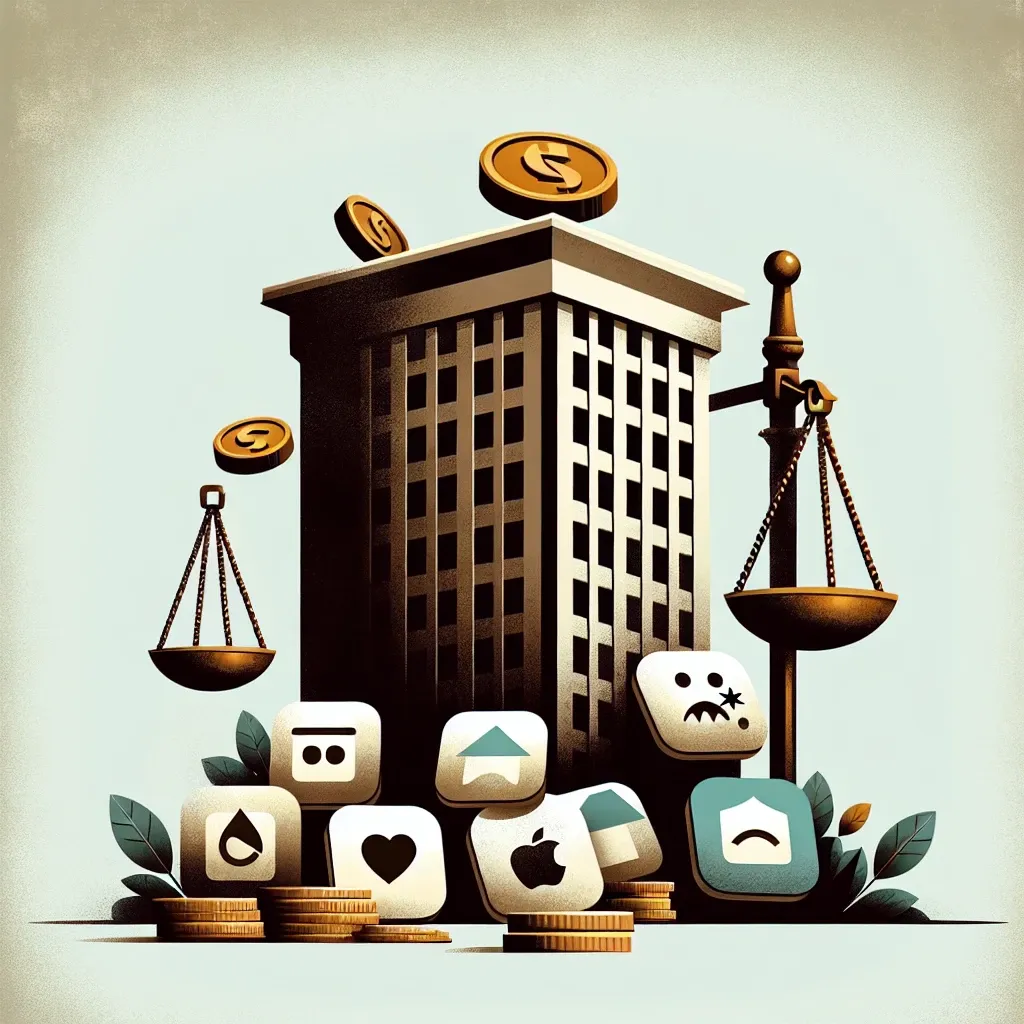Introduction
In a significant development within the tech industry, Apple Inc. has formally appealed a hefty €500 million fine levied by the European Union (EU) due to its App Store policies. This article delves into the details surrounding the fine, Apple’s rationale for the appeal, and the broader implications this case may have for the tech landscape.
The Background of the Fine
The EU’s decision to impose a fine on Apple stems from allegations that the company has engaged in anti-competitive practices through its App Store. In particular, regulators claimed that Apple’s policies restrict competition by enforcing strict guidelines on app developers, limiting their ability to inform users about alternative purchasing options outside of the App Store.
Understanding Apple’s App Store Policies
Apple’s App Store has been criticized for its stringent rules that require developers to use Apple’s in-app purchasing system, which includes a 30% commission on purchases. This policy has drawn ire from many developers who argue that it unfairly disadvantages smaller competitors and increases prices for consumers. Apple’s policies are designed to maintain a curated experience for users, ensuring safety and security, yet they also limit how developers can communicate with their customers.
Apple’s Response to the EU Fine
Apple has expressed its disagreement with the EU’s decision and is appealing the fine based on several arguments:
- Consumer Choice: Apple argues that its policies ultimately benefit consumers by providing a safe and secure environment for app downloads.
- Market Competition: The company maintains that it fosters competition, with millions of apps available and a vibrant ecosystem for developers.
- Legal Grounds: Apple believes the fine is disproportionate and challenges the legal basis of the EU’s ruling.
The Appeal Process
The appeal process will likely be protracted, involving complex legal arguments and potentially setting precedents for future cases. As Apple moves forward, the outcome could influence how regulatory bodies approach tech giants and their business practices.
Implications for the Tech Industry
The appeal against the €500 million fine is not just a battle for Apple but a pivotal moment that could reshape the tech landscape. Several key implications include:
1. Regulatory Scrutiny
The case highlights the increasing scrutiny tech companies face from regulators worldwide. As governments seek to ensure fair competition and protect consumers, companies like Apple may need to adapt their practices to comply with evolving regulations.
2. Developer Relations
The outcome of the appeal could significantly impact Apple’s relationship with developers. If Apple is forced to modify its App Store policies, it could lead to a more favorable environment for developers, enhancing innovation and competition in the app market.
3. Consumer Impact
A potential change in App Store policies may also affect consumers. If developers gain more freedom to offer alternative purchasing options, it could lead to lower prices and greater choices for users.
Future Predictions
As the appeal progresses, industry experts are speculating on various outcomes:
- Policy Revisions: Apple may be compelled to revise its App Store policies, ensuring they comply with EU regulations while maintaining user safety.
- Increased Compliance Costs: Adapting to new regulations might lead to increased operational costs for tech companies, affecting their bottom line.
- More Legal Challenges: The case may embolden other companies and regulators to challenge the practices of tech giants, leading to a wave of legal scrutiny across the industry.
Conclusion
Apple’s appeal against the €500 million fine imposed by the EU marks a critical juncture for the company and the tech industry as a whole. As the landscape evolves, stakeholders must remain vigilant and adaptive to the changing regulatory environment.
In the coming months, the developments in this case will be closely monitored by businesses, developers, and consumers alike. The implications of this appeal could resonate beyond Apple, potentially reshaping the future of app marketplaces and digital commerce.

